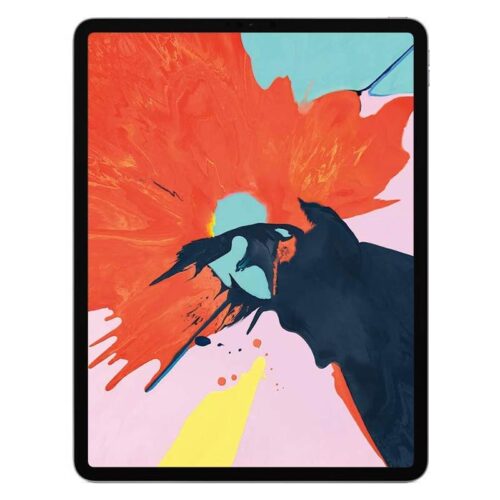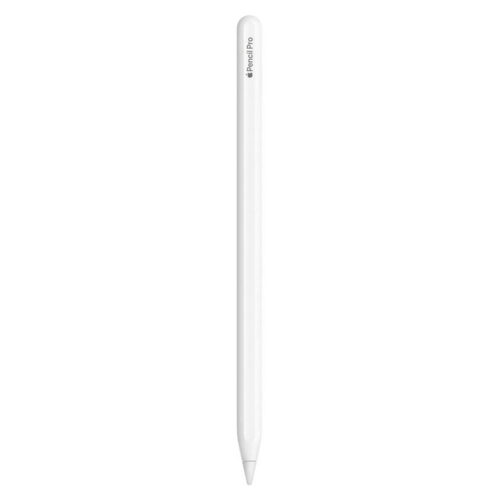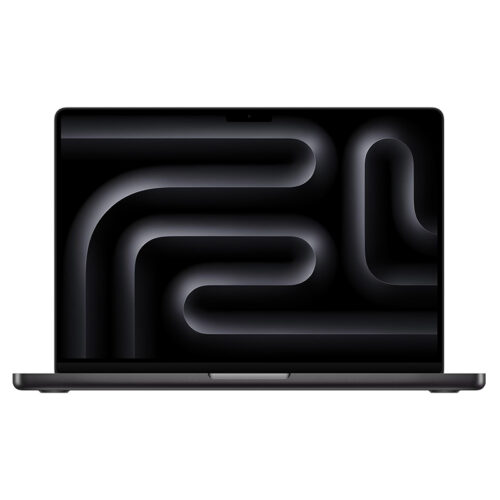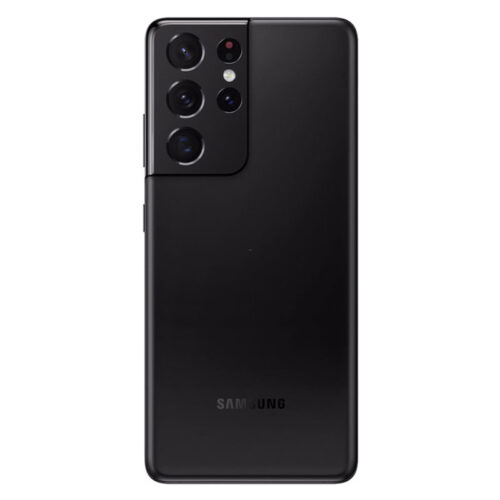-
×

-
×

-
×

-
×

Subtotal: 239,60 €
The presentation of products or services at trade fairs has changed fundamentally in recent years. With the surge in innovation in the field of virtual reality, more and more companies are relying on VR app presentations at trade fairs to showcase their brand in a new and interactive way. By 2025 at the latest, it will be clear: If you want to stand out and attract attention, you can no longer avoid immersive trade fair experiences – especially with the Meta Quest 3.
In this article, we will give you a comprehensive overview of how you can develop your own VR apps for trade fairs and present them convincingly with the Quest 3. We will shed light on technological, creative and logistical aspects and finally show you ways to get started with the right hardware – for example by renting VR glasses and thus remaining flexible.
Traditional trade fair stands with flyers and giveaways are increasingly giving way to innovative worlds of experience. The demand for immersive applications is growing, particularly in the technology, engineering, real estate and healthcare sectors. There are good reasons for this:
Since its launch, the Meta Quest 3 has become a favorite for business applications. With significantly improved mixed reality support, intuitive user guidance and robust performance, it is particularly trade fair-friendly. Standalone VR headsets are ideal, especially for companies that want to rent VR hardware and not operate it permanently themselves – they require minimal setup and work wirelessly without external sensors.
| Feature | Advantage for trade fair appearances |
|---|---|
| Inside-out tracking | No setup of external cameras necessary – flexible use |
| Mixed reality | Real surroundings can also be mixed with digital objects |
| Standalone operation | No PC or cable required – less susceptibility to errors |
| Passthrough function | High level of safety when used in busy environments |
Many companies shy away from VR app development. However, modern tools and specialized service providers make it possible to create impressive applications even without in-depth technical know-how. Here is a rough guide:
Depending on the complexity, development takes between a few weeks (e.g. 360-degree showcase) and several months (interactive simulations). Many providers also offer preconfigured templates or white label solutions that can be adapted cost-effectively.
VR is not just VR. Depending on the target group, industry and visualization, there are different types of presentation available to you:
The technology is one thing – but the presentation also needs to be planned. How to make the perfect VR presentation at your next trade fair:
Not every company has the necessary hardware for a perfect VR experience. This is where it pays to rent Meta Quest 3 devices from a professional technology service provider. The advantages:
A successful trade fair presentation is often made up of several components. Think about how you can combine your VR app presentation at trade fairs with other technologies:
Depending on the complexity and scope, the costs are between €3,000 and €50,000, or even higher for very complex applications. Many agencies offer scalable modular systems.
At least 2-3 devices are recommended to avoid waiting times. For larger stands or on busy days, 5-10 devices can be useful.
Users change frequently – therefore use disposable VR masks or silicone covers. Regular disinfection of the devices is mandatory.
Yes, you retain the rights to your app. You can continue to use the app for future trade fairs, training courses or customer presentations.
In principle, yes, but direct sunlight should be avoided. A covered, shaded area is ideal to ensure tracking and cooling.
In 2025, virtual reality at trade fairs is no longer a “nice-to-have”, but a clever tool for differentiation, target group activation and brand staging. The combination of our own VR app and state-of-the-art hardware such as the Meta Quest 3 enables immersive experiences that visitors will remember for a long time to come.
Whether you already have an idea or are just starting out, whether you are planning a single event or an entire roadshow – we are your technology partner for implementation. Rent the right VR technology for your trade fair now and get professional advice – from VR glasses to accessories and other devices for an all-round successful experience!
Request devices for your VR presentation now
47869,49533,53338Would you like to delve deeper into the topic or discover similar content? Below, we have compiled three additional articles for you that are thematically related to this article. These may also be relevant and interesting for your company.
You are currently seeing a placeholder content of Brevo. To access the actual content, click on the button below. Please note that data will be passed on to third-party providers.
More informationYou need to load content from reCAPTCHA to submit the form. Please note that doing so will share data with third-party providers.
More InformationYou are currently viewing a placeholder content from Facebook. To access the actual content, click the button below. Please note that doing so will share data with third-party providers.
More InformationYou are currently viewing a placeholder content from Instagram. To access the actual content, click the button below. Please note that doing so will share data with third-party providers.
More InformationYou are currently viewing a placeholder content from TrustIndex. To access the actual content, click the button below. Please note that doing so will share data with third-party providers.
More InformationYou are currently viewing a placeholder content from X. To access the actual content, click the button below. Please note that doing so will share data with third-party providers.
More Information